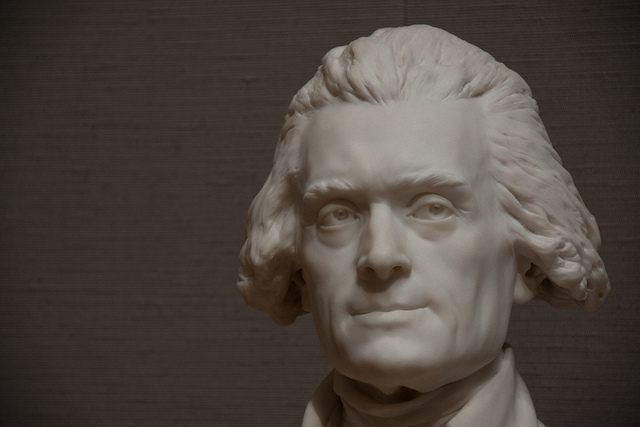Disengaged Students, Part 4: The Evolution of Anti-Intellectualism

In this 20-part series, I explore the root causes and effects of academic disengagement in K-12 learners and explore the factors driving American society ever closer to being a nation that lacks intellectualism, or the pursuit of knowledge for knowledge’s sake.
The tendency to view scientific fact as merely one theory in a great sea of possible understandings is deeply ingrained in Americans. This tendency has been deliberately fostered. Since the nation’s founding, people in authoritative positions have periodically managed to convince citizens that actual science is subjective and on the same plane as other unproven theories. While, the term “scientific theory” actually refers to those understandings which have been tested, proven and accepted as the truth in the scientific community, people opposed to these facts on political or religious grounds have often used the term “theory” to disparage the actual validity of the information.
Perhaps no scientific theory has demonstrated this phenomenon more than evolution. When the now legendary Scopes “monkey trial” of 1925 captured the nation’s attention, the strong forces of scientific thought and religious fundamentalism went up against each other in an attempt to decide what should be taught in public schools. Creationism, which rationalists saw as nothing more than a fictional story with a religious purpose, was pitted against the controversial but certainly evidence-based “theory” of the descent of man made popular by Charles Darwin. High-school science teacher John Scopes was seated in the defendant’s chair, but more than his reputation was on the line. The American people looked to the legal system to sort out what they should believe about where they came from and whether their existence was divine or was simply an evolving state in the grand plan of nature.
The actual impact on American society of Scopes’ guilty verdict is debatable, since it was later overturned. The arguments on the part of the prosecution, including William Jennings Bryan’s assertion of the historical accuracy of the Biblical creation story, may seem antiquated by even fundamentalist standards today. Nevertheless, evolution is still treated by many as just one of several explanations for the existence of man, not as the leading scientific theory. For all the scientific and technological advancements made in nearly a century since the Scopes trial, evolution is still considered a matter of opinion, not fact, when it comes to the how and why of human existence.
Misuse of the Word “Evolution”
Some of this has to do with the careless or disingenuous way in which the concept of evolution has sometimes been used outside actual scientific circles. The 19th English philosopher Herbert Spencer used Darwin’s biological research to support the notion that humans were supposed to live in varying states of privilege. Spencer, and later Ernst Haeckel, used the strictly biological parts of evolution to justify social injustice and even eugenics, claiming that white people were more civilized and intelligent than black people as a result of evolution, and that the men who championed their prospective business industries were highly evolved specimens of humanity who deserved more wealth than less-evolved people.
The problem with this use of scientific theory to describe social conditions, besides its blatant misuse of Darwin’s intentions, was that it made more enemies for the actual theory of evolution. Church groups already leery of Darwin’s disproving of Creationism certainly could not sit by and allow the poor to be treated badly in the name of evolution. The term “survival of the fittest” took on a cut-throat, unfeeling meaning that even non-religious people had to question.
Most people understood that humans are not on the same level as animals. In fact Darwin concurred with this understanding, but some people who claimed to be his followers did not, and the inhumane views propounded by those followers tainted Americans’ understanding of Darwin’s original theory. Now, over a century and a half after On the Origin of the Species was first published, Americans are not much closer to a collective acceptance of the facts than they were in 1859.




